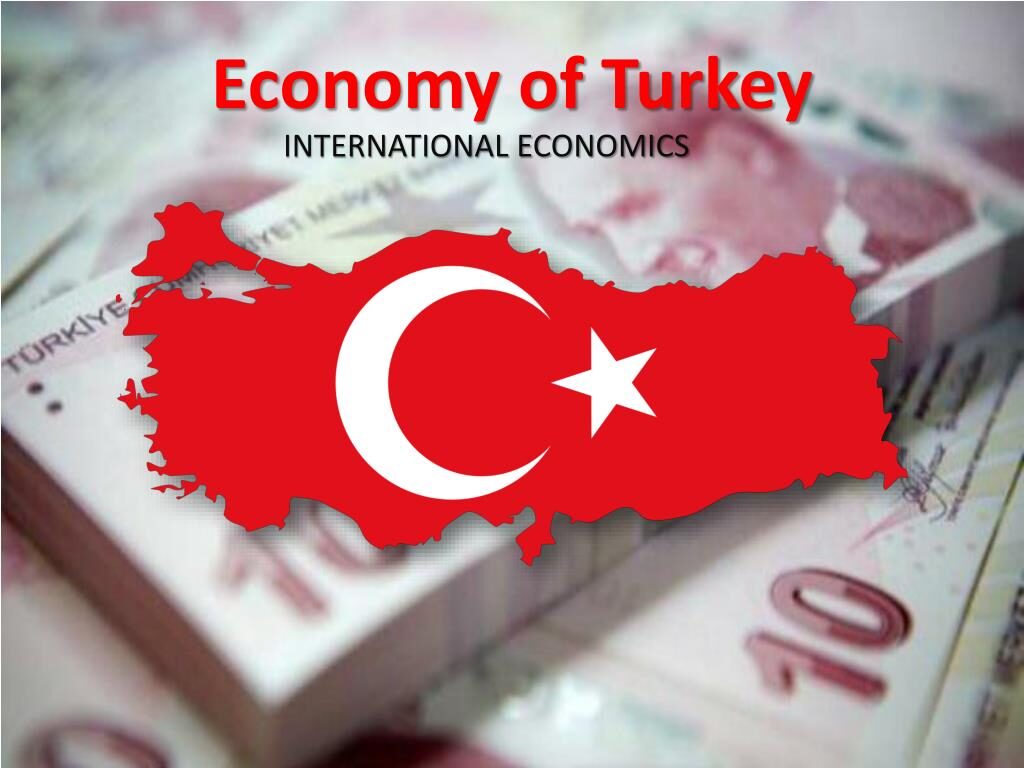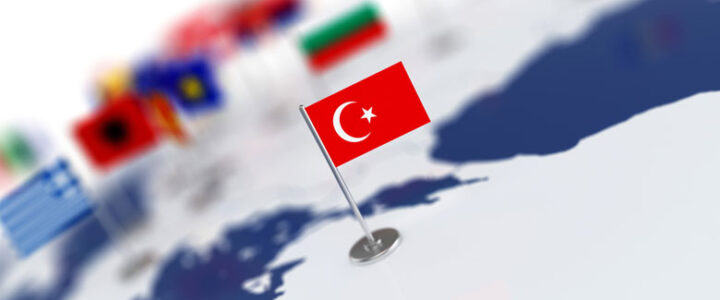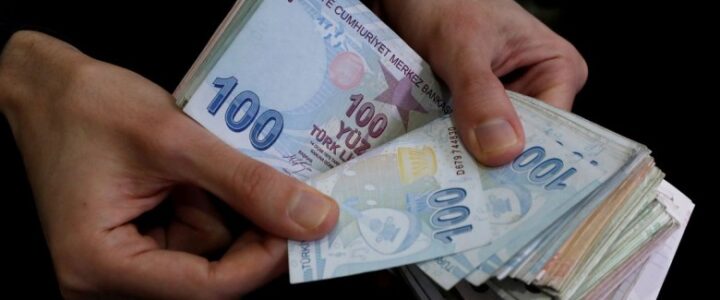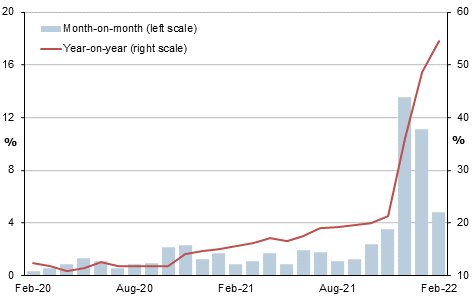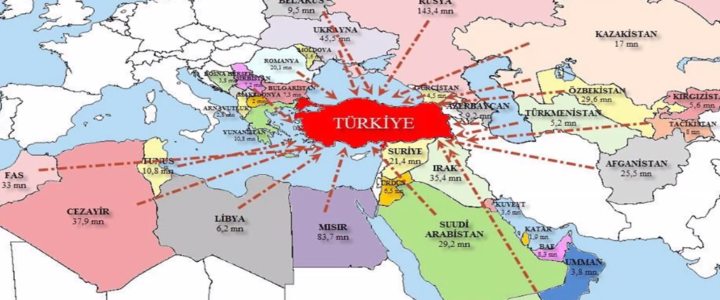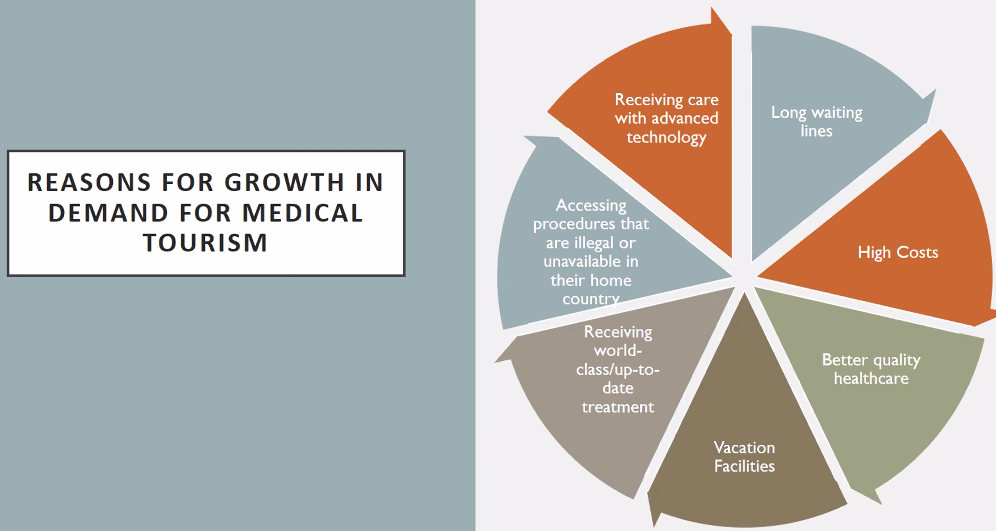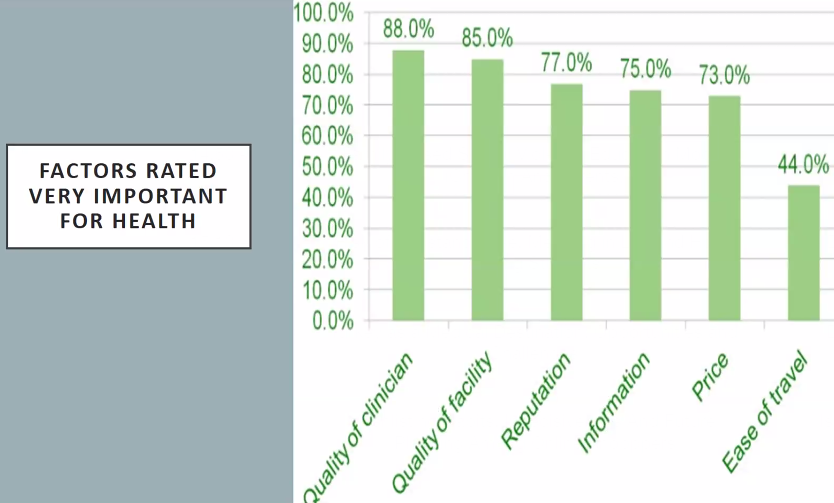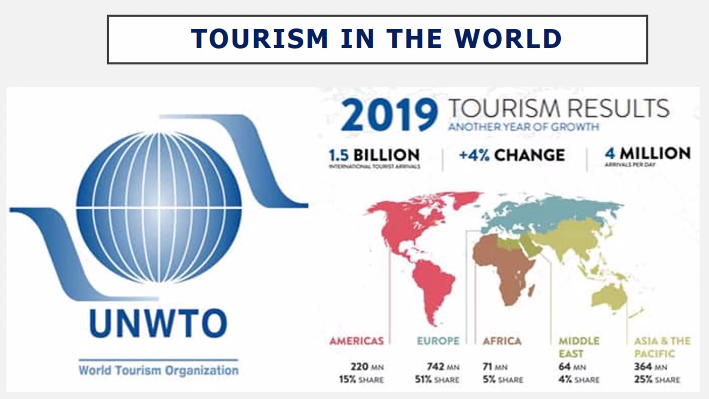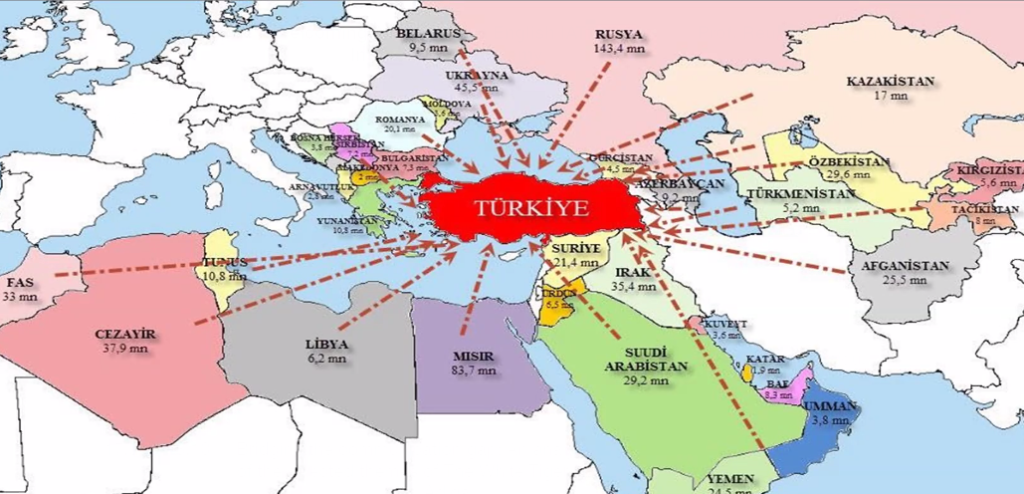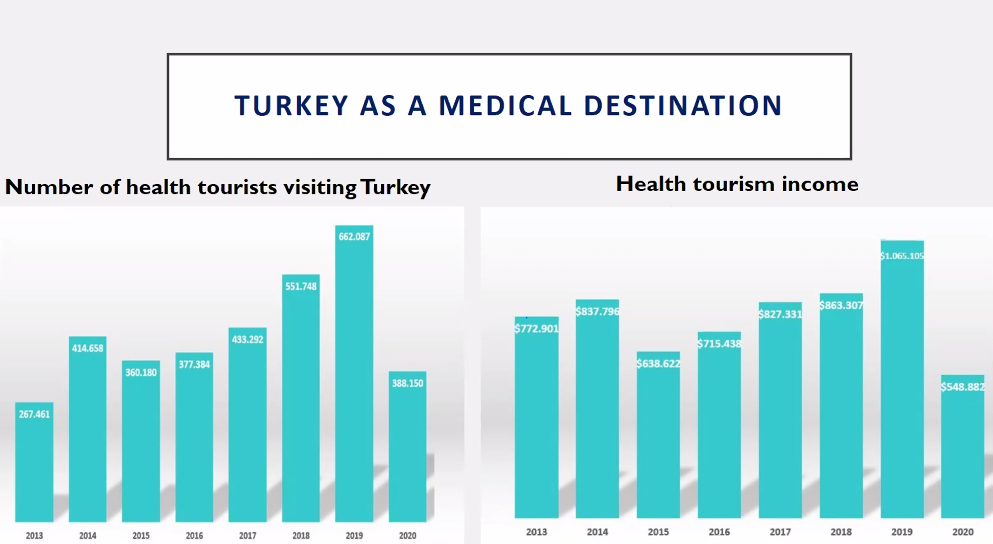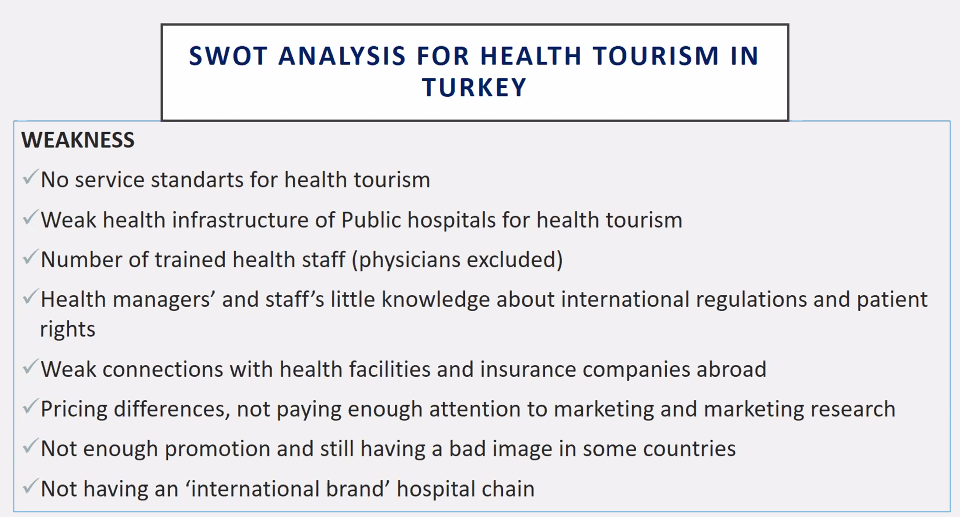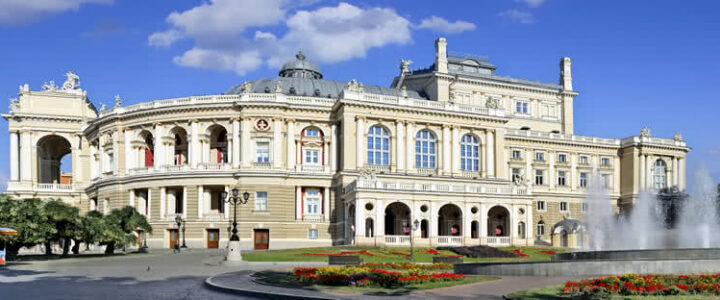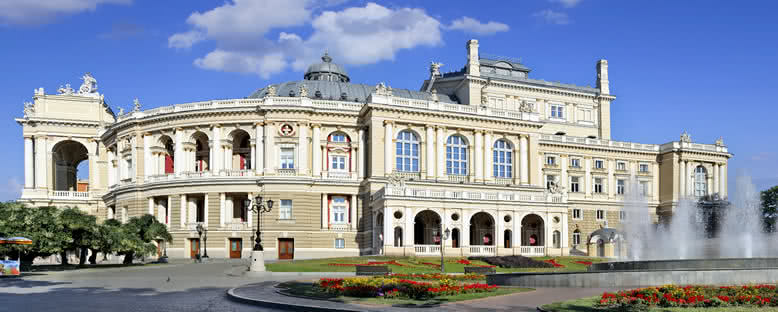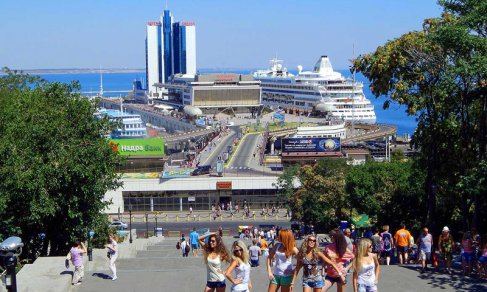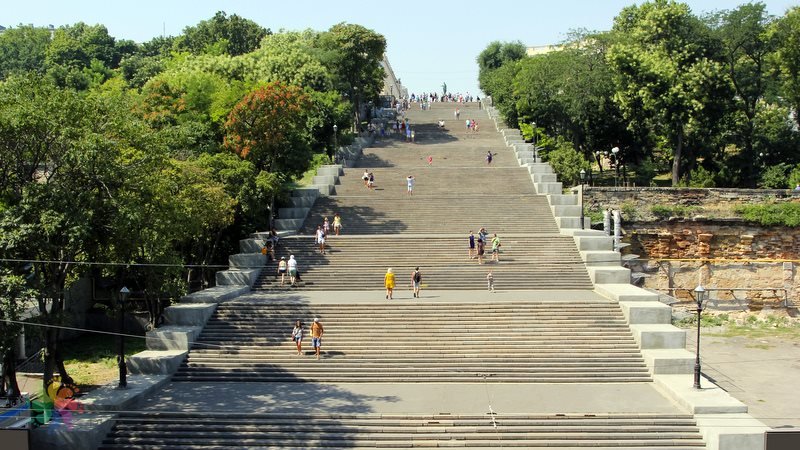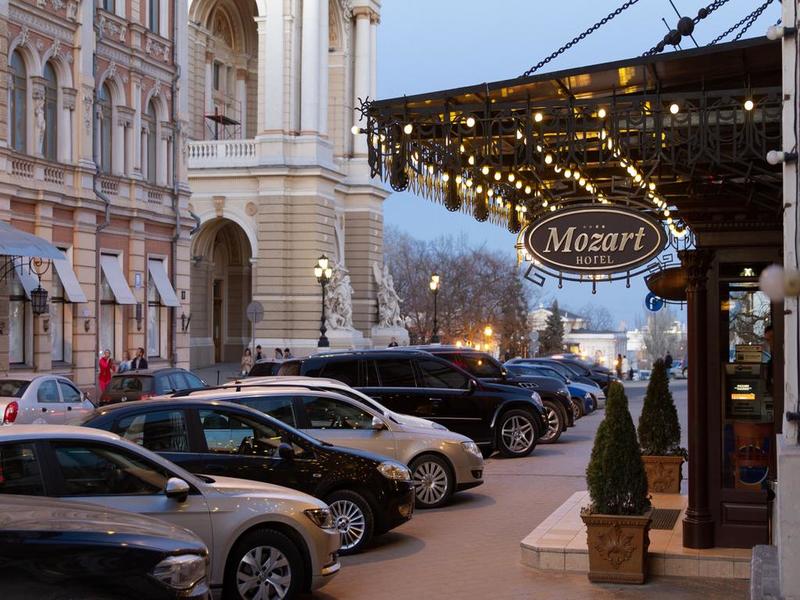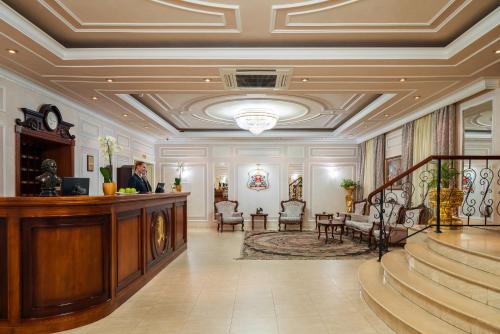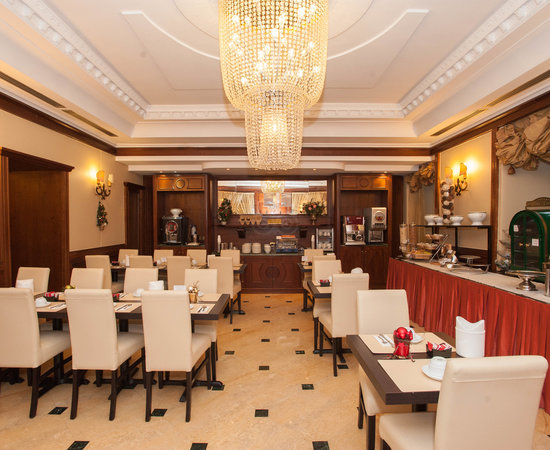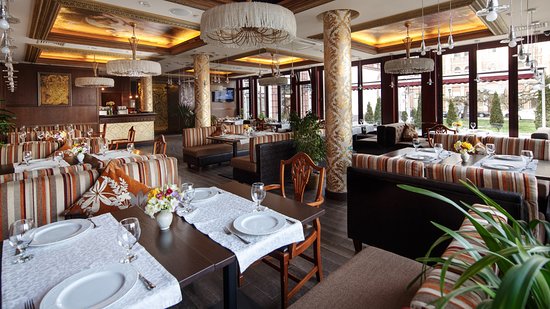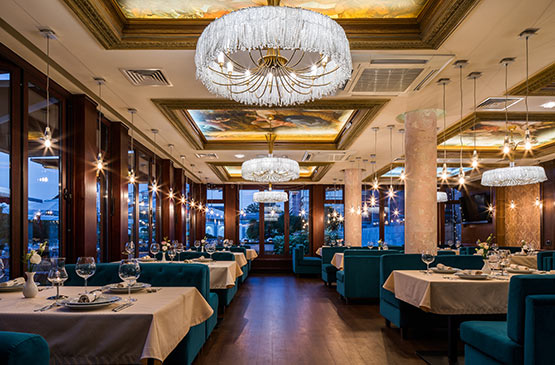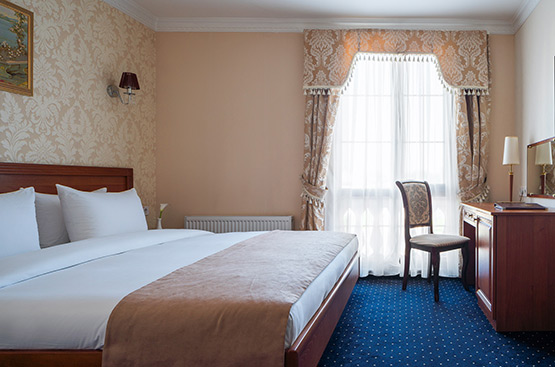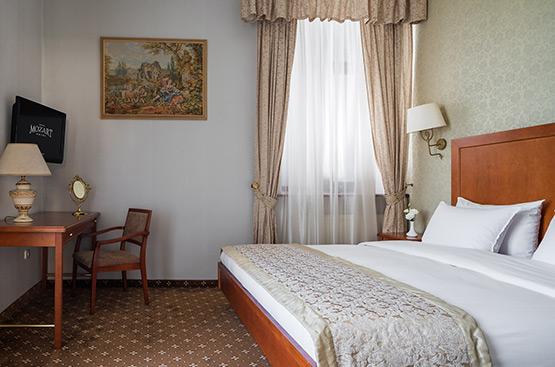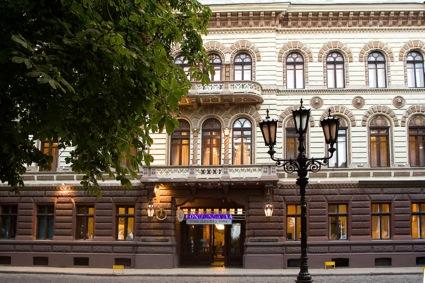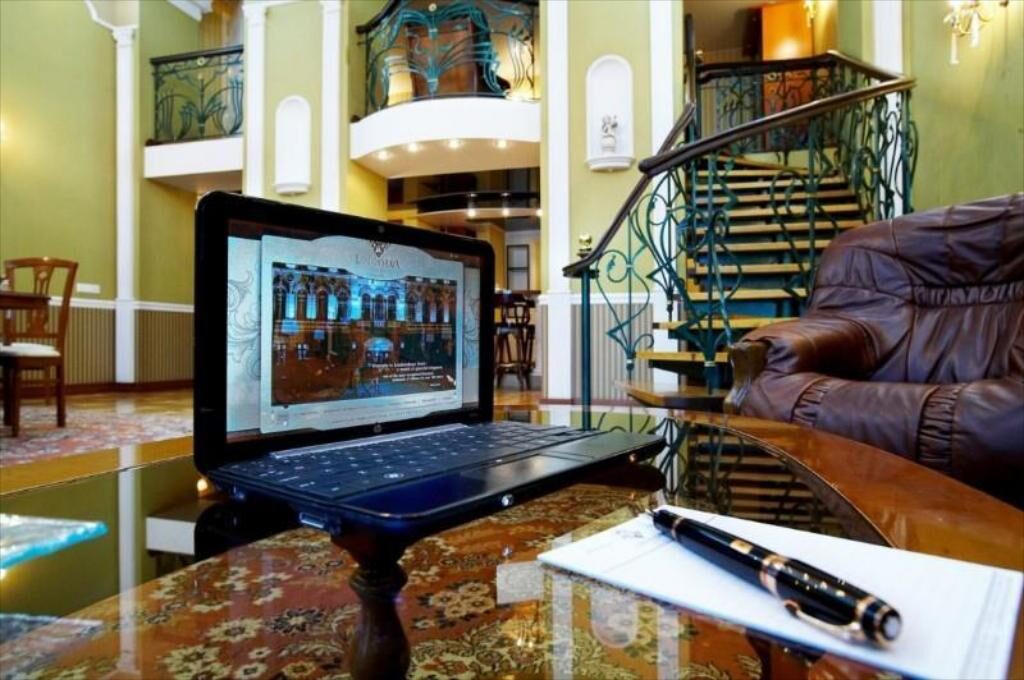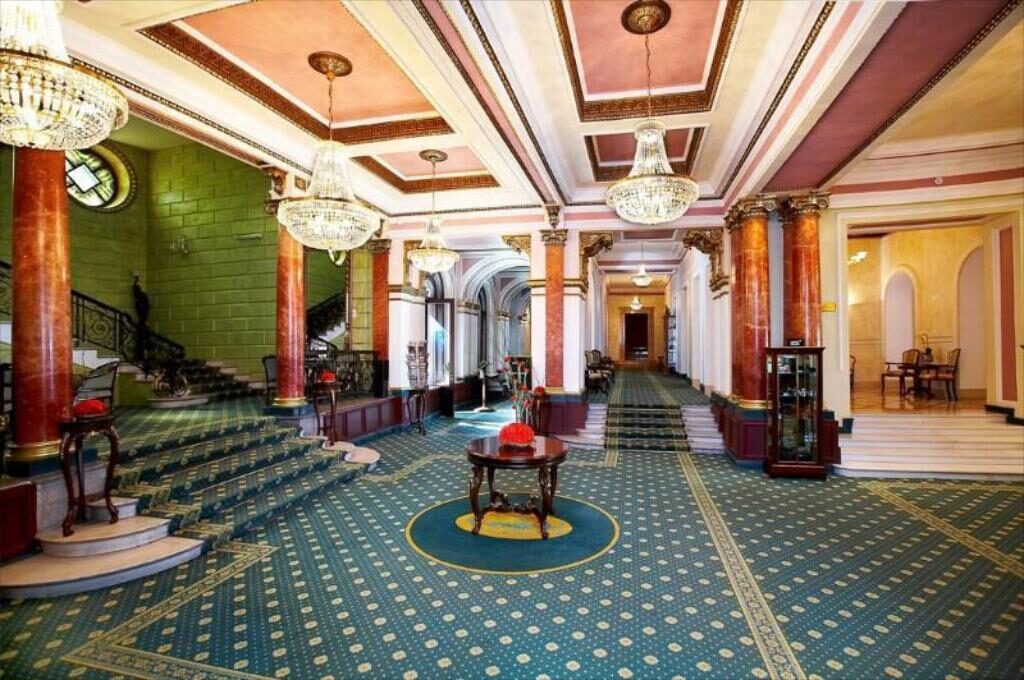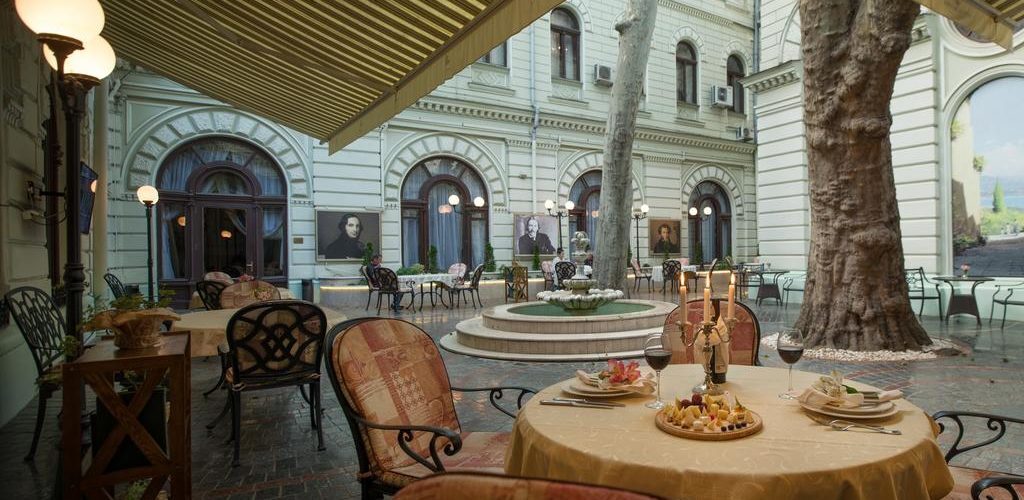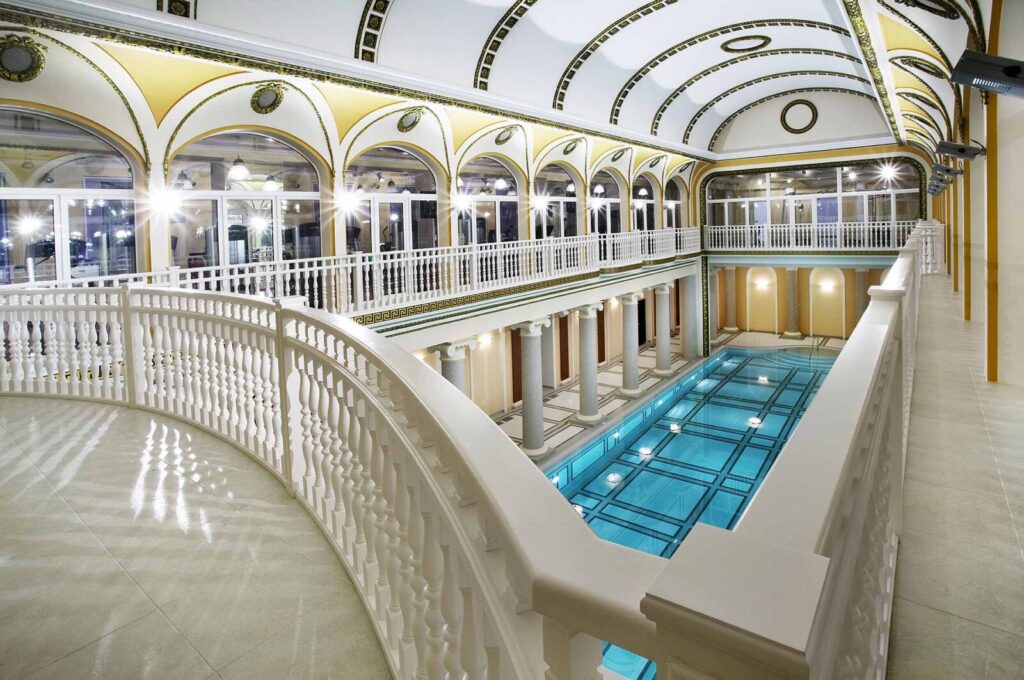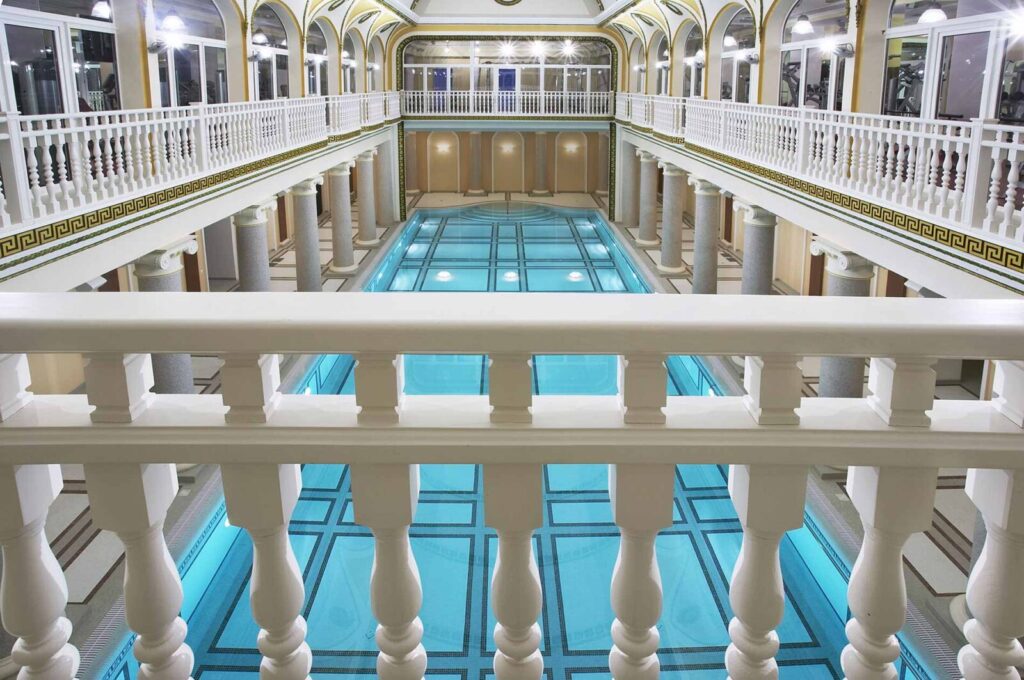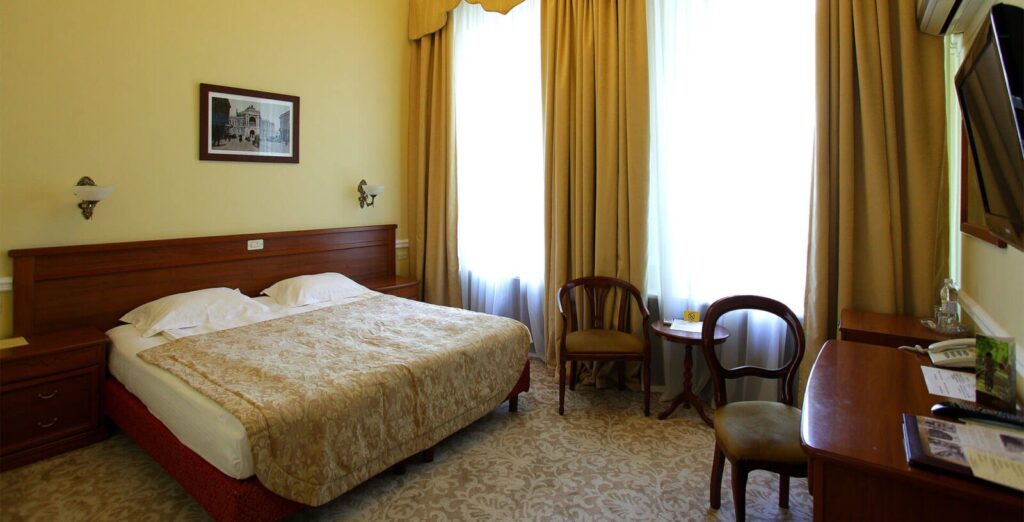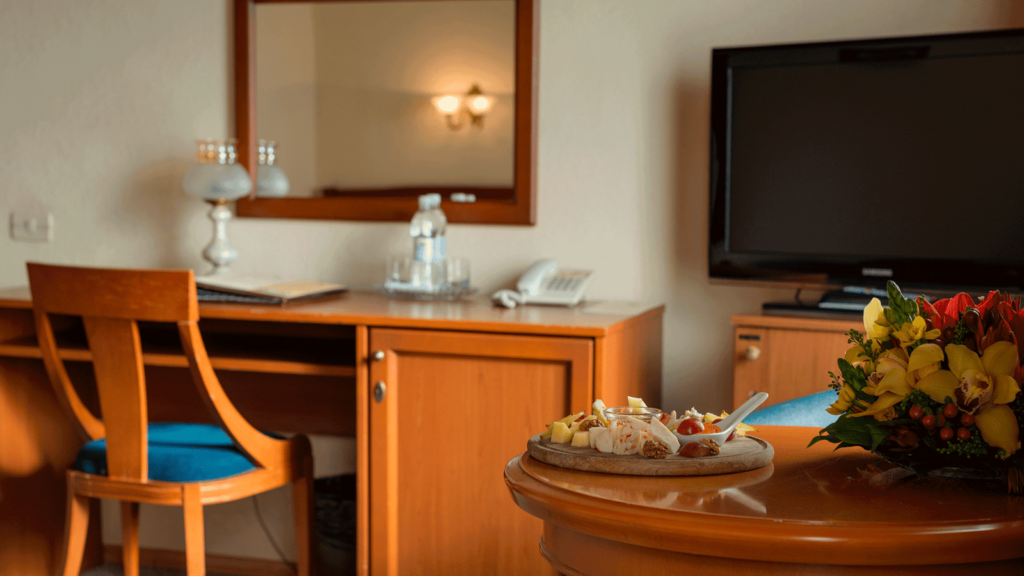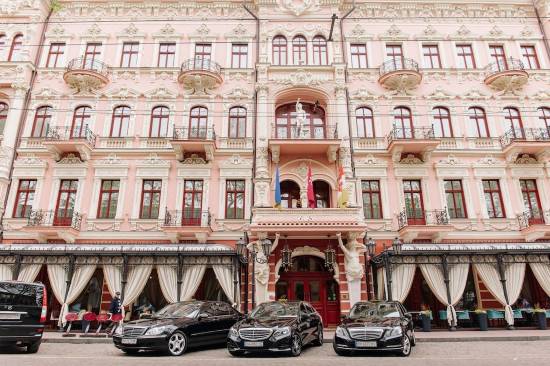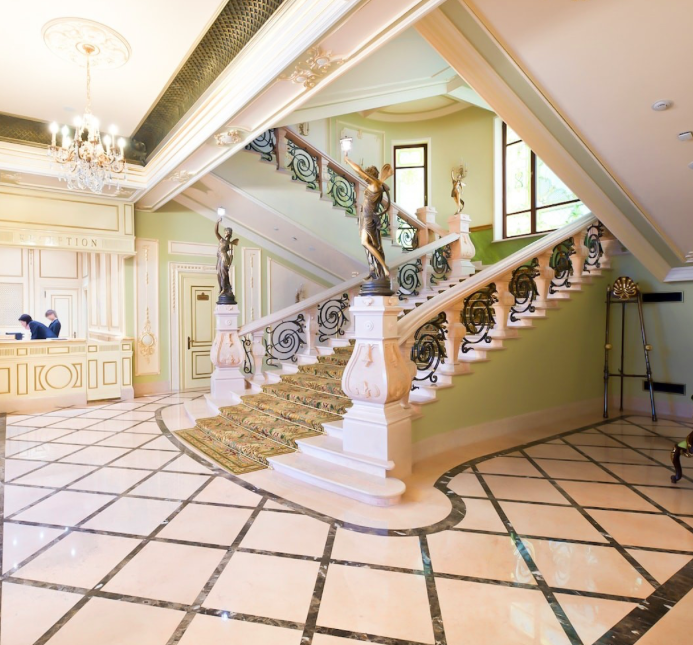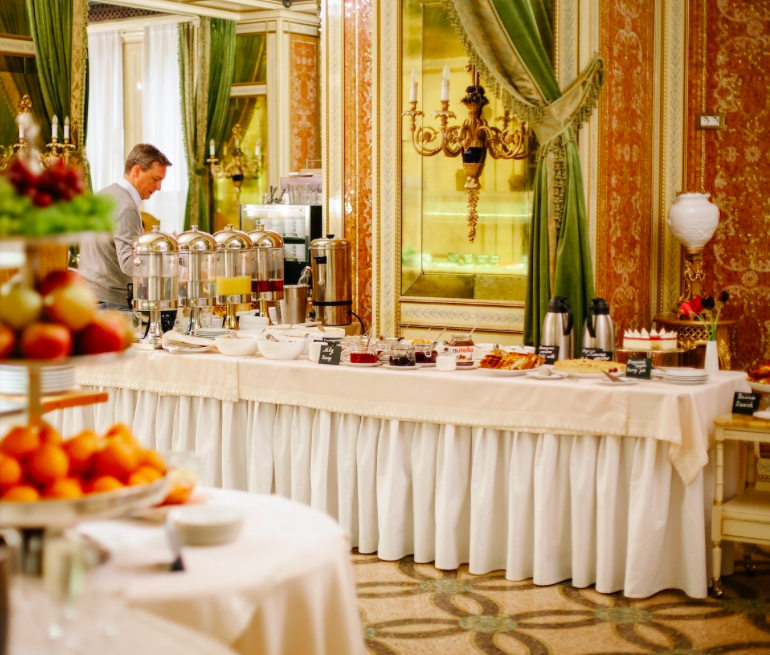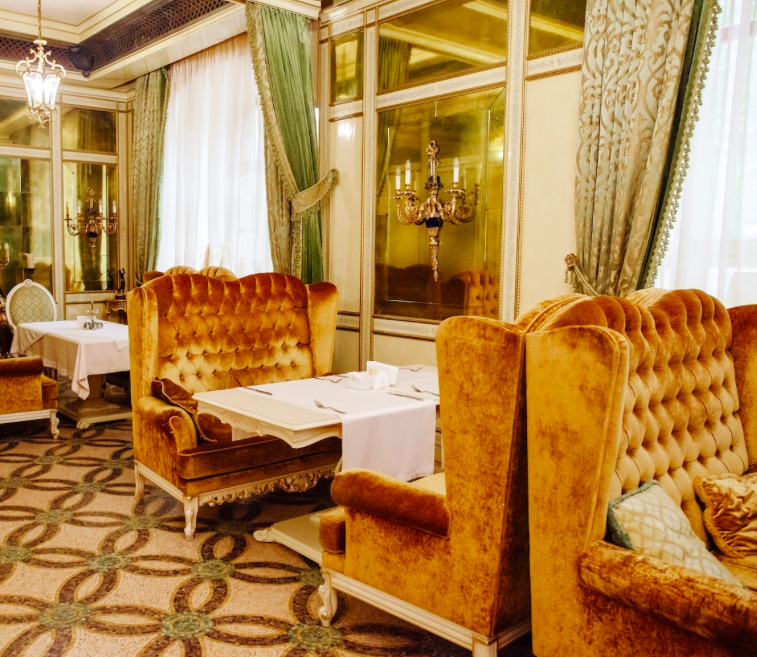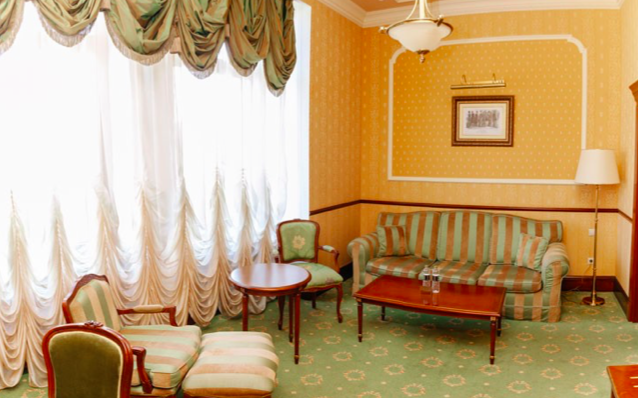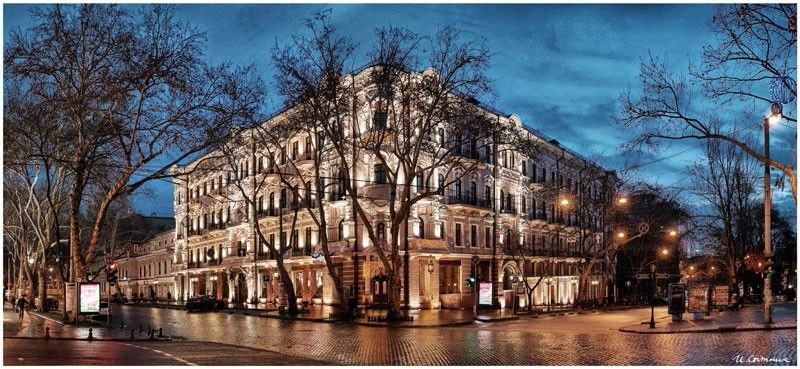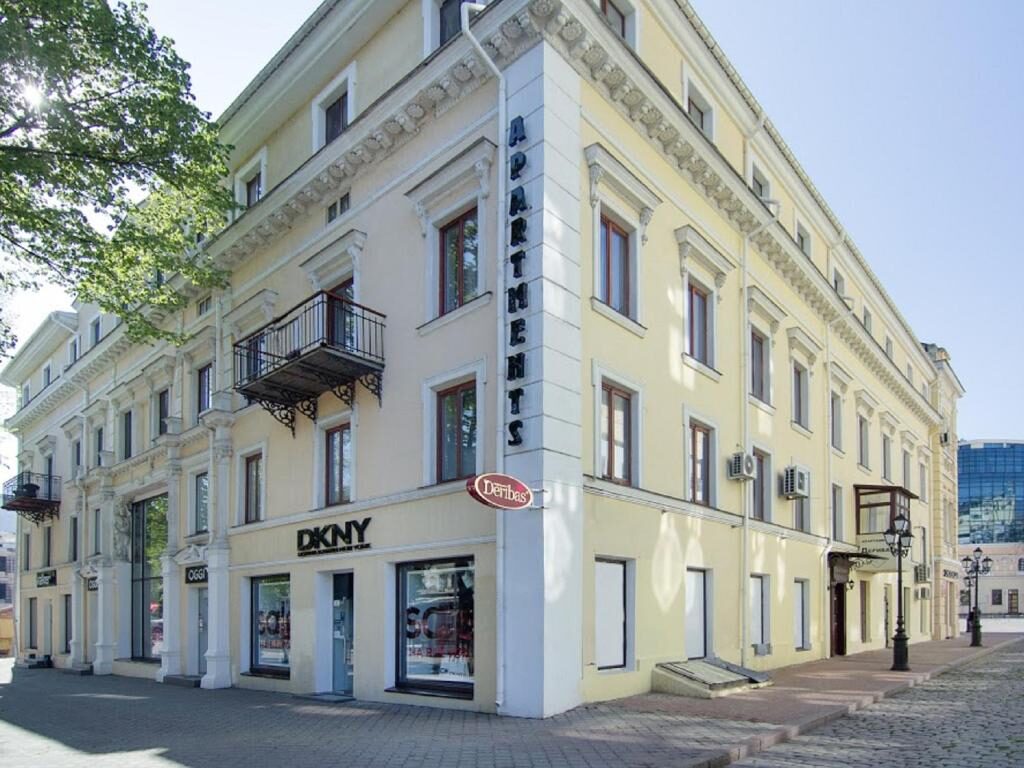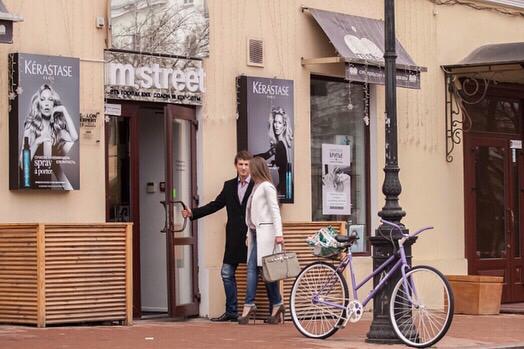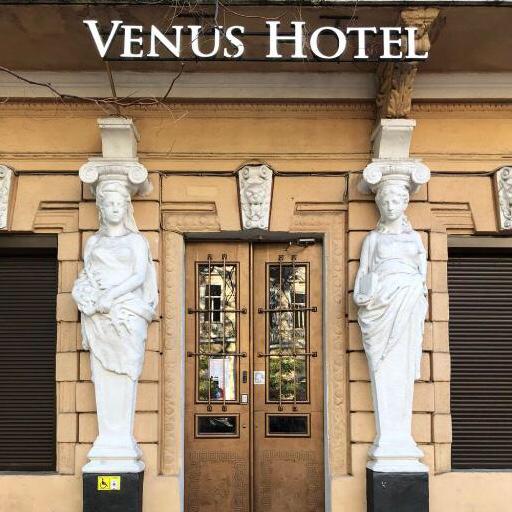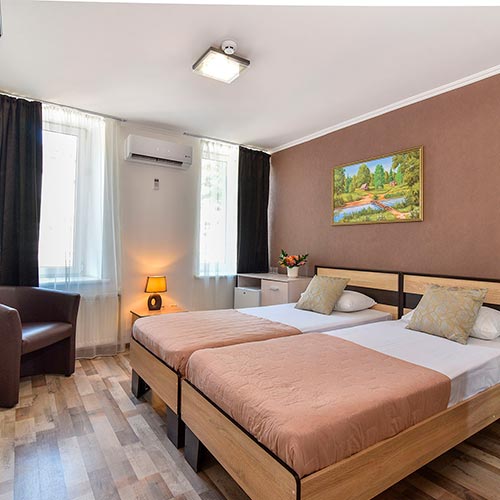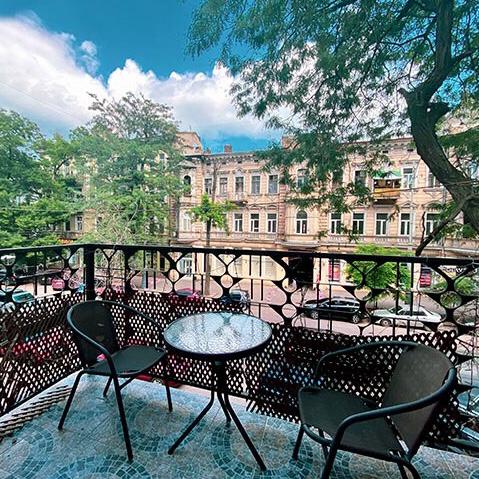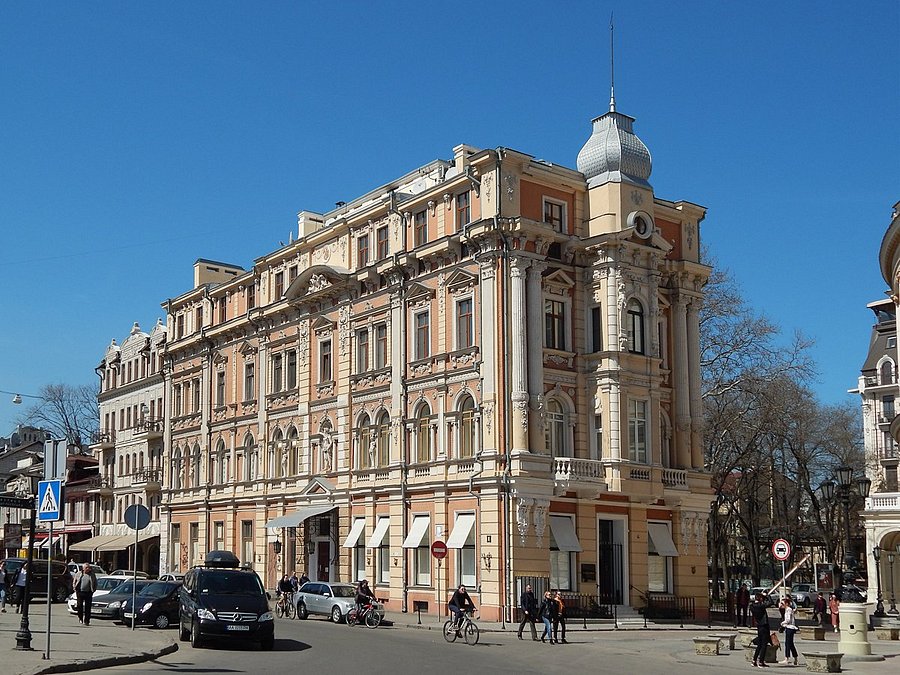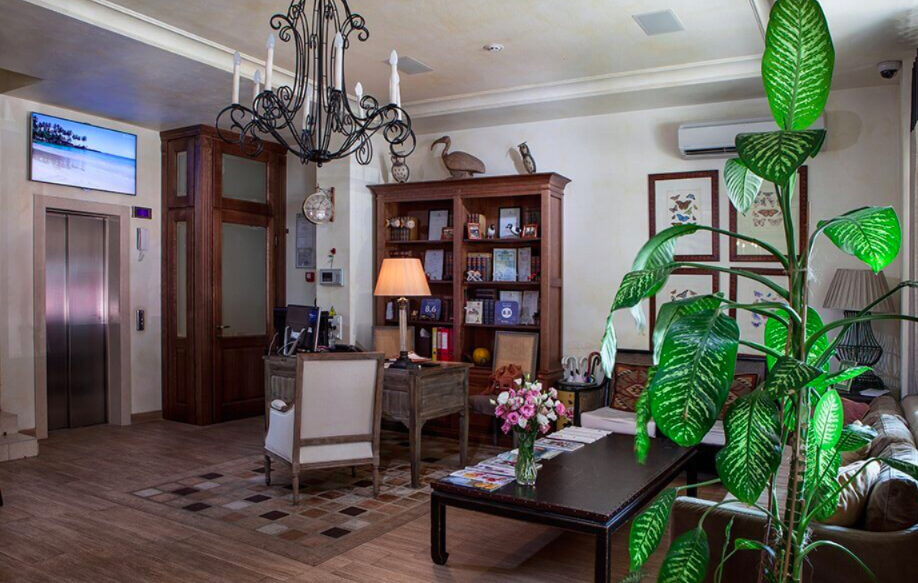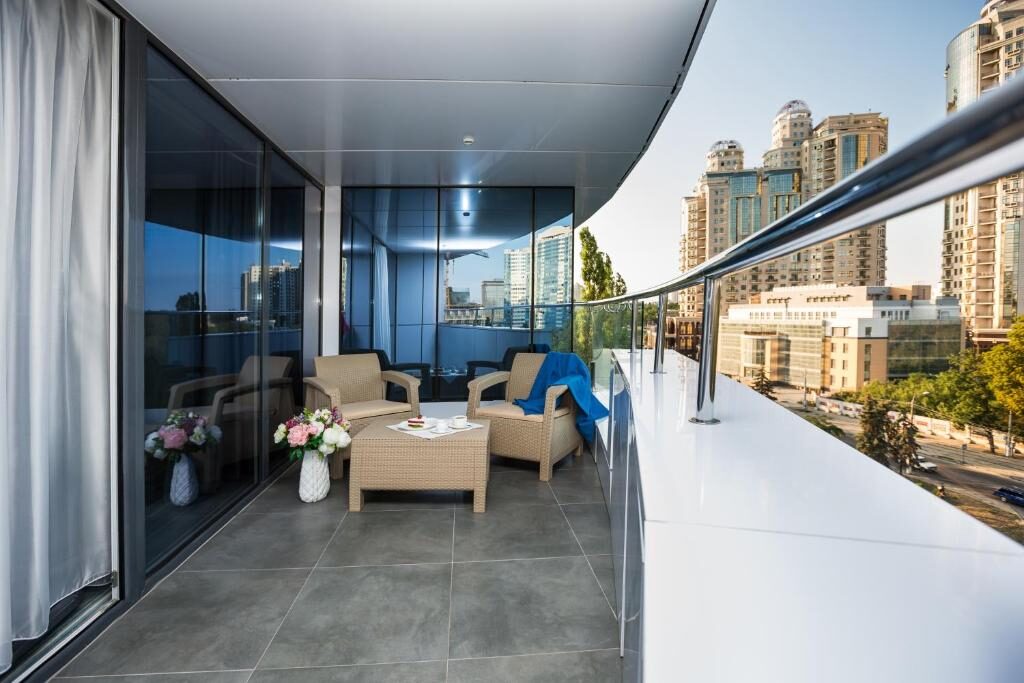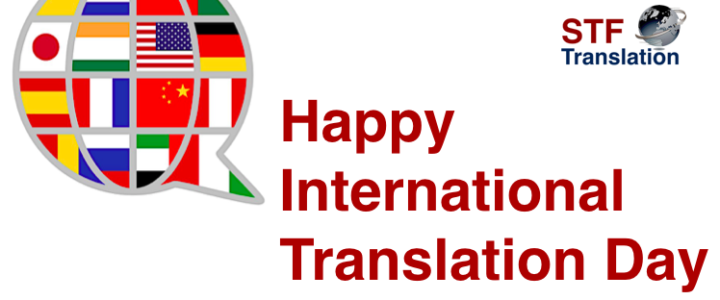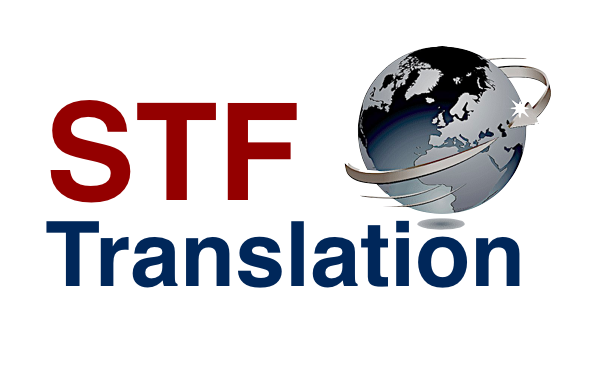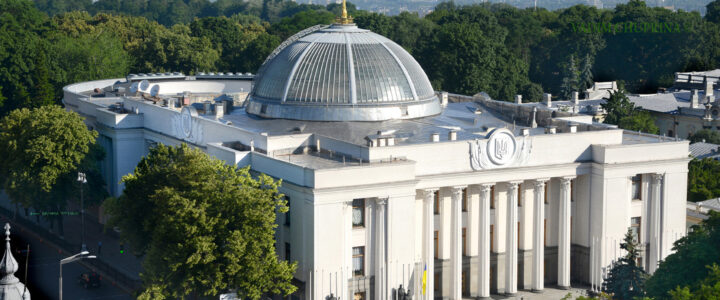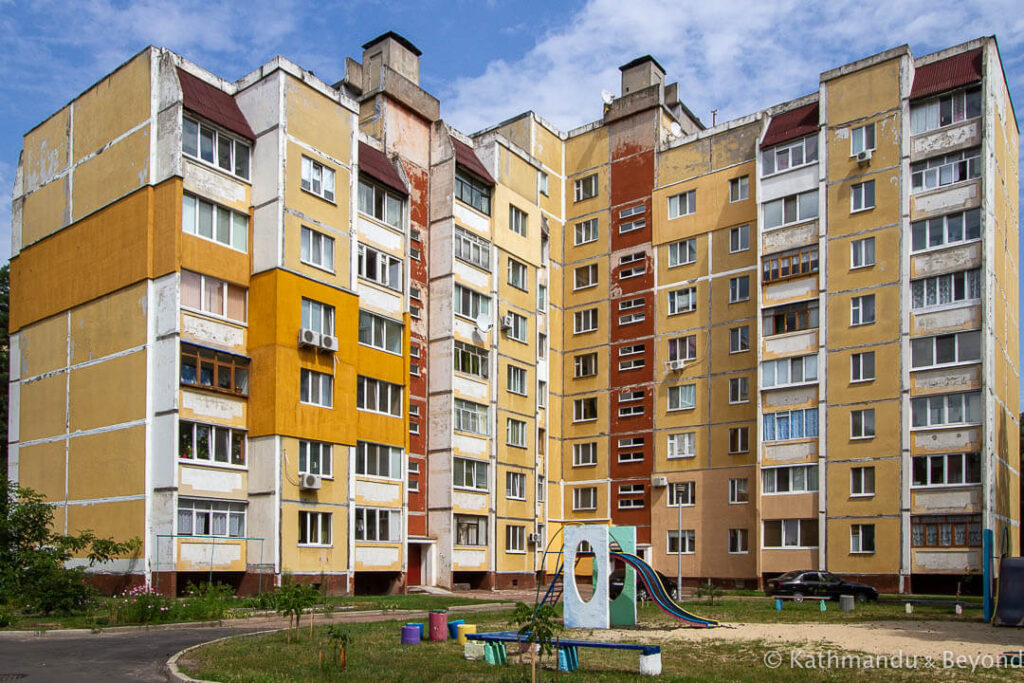Odessa is one of the most populous cities of Ukraine and a major tourism center, known also for its seaport and transport hub.
Odessa is located in the south-west of the country, on the northwestern shore of the Black Sea.
Odessa is the main trading and fishing port of the country and its harbour is kept open all year round, with the use of ice-breakers in winter.
—————————————————————————————————————————————————————————–
It is also a major industrial city of the region and the country, a cultural centre with museums and theatres, and a world famous opera house.
Owing to its milder climate, and a location on the very shore of the Black Sea it became a popular resort, attracting tourists from different countries.
The city being a rail junction helps Odessa with some of its exports in petroleum , processed food, fertilisers, chemicals, plastics, pharmaceuticals, machinery, clothing and others.
Odessa also is a centre for qualitative education. The graduates from its state universities, polytechnic, medical schools, marine academy and a music conservatory are valuable specialists not only in the country but abroad too.
With the purposes of tourism , education, business, trading, entertainment or just sun-bathing and swimming in the sea you can come to Odessa and find great solutions for your plans and ideas.
Accommodation in Odessa
The city covers a large area and to better orient in the city for making plans for the trip and the tour logistics we will suggest you a few places which are remarkable for their location and quality of services.
Mozart Hotel
The hotel in the center of Odessa Mozart is not only the hallmark of the city, but also the pride of every Odessa’s citizen for its unique architecture and exceptional beauty.
—————————————————————————————————————————————————————————–
It is located in the historical center of the city, in close proximity to the architectural and historical heritage of the city – the Opera and Ballet Theater, which is rightfully considered one of the most beautiful architectural creations of Europe and was miraculously saved during the Second World War.
The building of the business hotel “Mozart” in Odessa is not inferior in its historical value to the famous theater. During the reconstruction, according to old photographs and plans of the hotel, which was located in the same building at the beginning of the 19th century, the facade and interior of the premises were restored.
—————————————————————————————————————————————————————————–
Today, the Mozart Hotel is a European-level hotel that meets high modern standards, while maintaining the authenticity of its architecture.
The hotel has 78 rooms ranging from 11 to 69 sq.m. The furnishings of the rooms, from furnishings to furnishings, combine classic and modern styles.
—————————————————————————————————————————————————————————–
Hotel Londonskaya
It is the first hotel which was built in Odessa in 1827 and since then I has had a long history, seeing the change of the time and epochs.
The hotel’s classic interiors of the 19th century provide the hotel’s guests with the comfort and luxury.
The hotel has 69 rooms of different categories with beautiful views from the window to Primorsky Boulevard and a cozy patio.
Since 1827 it has hosted such outstanding people as Isadora Duncan, Paulo Coelho, Marcello Mastroianni, Sergei Eisenstein and other famous personalities.
The hotel is located in the city center in Primorsky Boulevard which is among the main touristic attractions of Odessa.
—————————————————————————————————————————————————————————–
—————————————————————————————————————————————————————————–
Bristol Hotel
Bristol hotel is located in Pushkinska street in the historical center of Odesa. The hotel is walkable to the main city sights and convenient to the main transport hubs of the city:
- Railway station 1.5 km;
- International airport “Odesa” – 12 km;
- Odesa sea port – 1 km
Bristol hotel is the place where all your wishes come true with five star hotel service staying in the heart of Odesa, visiting SPA, organizing conferences and weddings in the most grandeur facilites of the city.
—————————————————————————————————————————————————————————–
Deribas Hotel
The hotel is located in the very heart of Deribasovskaya Street, the central and the most important touristic attraction of Odessa.
The affordable prices and convenient location makes the hotel to be a good choice in terms of budget and opportunities for touring and entertainment.
The hotel can offer clean and comfortable rooms, decorated in a classic style and creating a nice atmosphere for a rest after a busy day.
The hotel is very near to a wide range of restaurants and bars to have a big choice for food and time spending.
—————————————————————————————————————————————————————————–
Venus Hotel
The hotel enjoys its centaur location, being in a walking distance from the main touristic, historical and cultural attractions of the city.
As most of the buildings in the city centre, the hotel is remarkable for its architecture and stylish decoration.
Being a good offer in terms of budget and location, the hotel can be a good choice for those who come for short term trips and have busy time during the day to have a good rest in the cosy and comfortable rooms of Venus Hotel at night.
—————————————————————————————————————————————————————————–
Palais Royal Boutique Hotel
This is another suggestion to stay central in Odessa, combining the comfort of the place with the entertainments of Deribasovskaya Street.
The hotel interior design attracts attention with its classic style, smart combination of different shadows of brown, creating a cosy and relaxing atmosphere where there is nothing to give disturbance or irritate.
The hotel has its own restaurant which comes out to the garden where the visitors can enjoy their meals and exquisite deserts while listening to the tunes of Deribasovskaya Street which are especially charming in the evenings.
—————————————————————————————————————————————————————————–
Atlantic Garden Resort Hotel
Our hotel is located close to the seacoast and Arcadia, the most famous recreation area of Odessa.
The hotel meets European standards of quality and services. The interior of the hotel can surprise with its exclusive design, and its restaurant is known for its inquisitive cuisine.
The hotel’s rooms are cozy and comfortable. Its large sunny terraces open to a magnificent panorama.
In the FITNESS & SPA the visitor will be able to regain their energy and refresh themselves.
—————————————————————————————————————————————————————————–
Odessa is a good place to visit in any time of the year, sharing its beauty with the visitors in its remarkable architecture, special spirit of the streets and its yards, bars and restaurants with alive music and a diversity of food and drinks.
The city provides a wide range of opportunities for business, education, trade and just a leisure time all round the year, warmly welcoming its visitors and making them come here again and again.
To explore Odessa, arrange accommodation for individual and group tours, business trips, to provide guidance and consultancy in any question, concerning your interests in Odessa, please feel free to concat us
